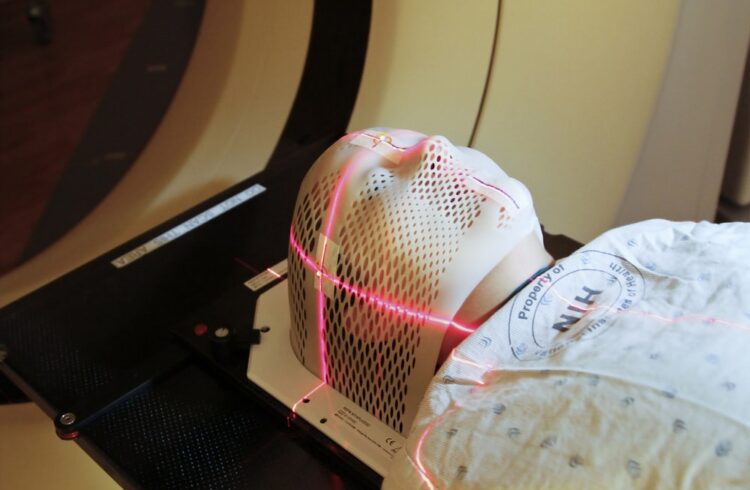The purpose of this blog post is to present the findings from the study titled “Immunopotentiation Activity of Fucoidans and Relevance to Cancer Immunotherapy” conducted by Yani Li et al. The study sheds light on the current advancements and knowledge regarding the immune-boosting effects of different Fucoidans, while also exploring the potential benefits of combining […]
Category: Fucoidan
In this blog, I would like to share the study, “Ten Years of Research on Fucoidan and Cancer: Focus on Its Antiangiogenic and Antimetastatic Effects” by Eleonora Turrini et al. The primary focus of this study was the anti-angiogenic and anti-metastatic effects of fucoidan, with a specific emphasis on ten years of preclinical research. Angiogenesis, […]
Fucoidan, which is derived from brown algae, is a type of sulfated polysaccharide. Their ability to target various signaling pathways and molecular mechanisms within malignant cells gives them anticancer properties. In this blog, I would like to share the study, “Brown Seaweed Fucoidan in Cancer: Implications in Metastasis and Drug Resistance” by María Elena Reyes […]
Fucoidan, a marine-derived sulfated polysaccharide, could potentially serve as a fascinating reservoir of anti-inflammatory substances. By exploring the potential of these marine sources, it is believed that they could effectively combat inflammatory diseases while also offering a natural and less harmful alternative to the synthetic drugs currently in use. Hence, in this blog, I would […]
The purpose of this blog is to provide you with information on the study titled “Chemical Characterization and Immunomodulatory Activity of Fucoidan from Sargassum hemiphyllum (SHF)” conducted by Rui Li, et al. The study proved a theoretical basis for further development of SHF as a functional food ingredient or nutraceutical to enhance the human body’s […]
Chronic illnesses are the primary reason for global mortality, and the addition of polysaccharides to the diet is a successful and safe approach to treat chronic illnesses. Through this blog, an in-depth exploration will be conducted to examine the plausibility of a link between the increase in Lactobacillus and Allobaculum species and their impact on […]
The active crossing of the blood-brain barrier can be induced by P-selectin-targeted nanocarriers through caveolin-1-dependent transcytosis, which serves as a mediator in drug delivery through the blood-brain barrier. It is worth noting that Medulloblastoma, the most common malignant childhood brain tumor, is influenced by Sonic Hedgehog signaling in approximately 30% of cases. Vismodegib, immune therapy-mediated […]
The presence of a viral infection is frequently associated with the occurrence of pneumonia. Infants and the elderly, in particular, are susceptible to various influenza viruses, including SARS-CoV-2. Additionally, infants are prone to respiratory syncytial virus, adenovirus, human metapneumovirus, and other similar infections. Furthermore, individuals with weakened immune systems are at risk of contracting cytomegalovirus, […]
Fucoidan, which is the primary constituent of wakame, has been suggested to possess numerous mechanisms that can combat cancer. These mechanisms include the ability to induce cell cycle arrest, promote apoptosis, inhibit angiogenesis, and activate the immune system. Despite evidence of fucoidan’s impact on different HCC cells in both controlled laboratory experiments and living organisms, […]
Malignant glioma (MG) is a type of brain tumor that has a bleak outlook, as it is prone to recurrence even after comprehensive treatment, resulting in a 5-year survival rate of only around 20%. The search for safer and more effective treatments is urgently needed. In multiple studies, it has been proven that Fucoidan can […]





